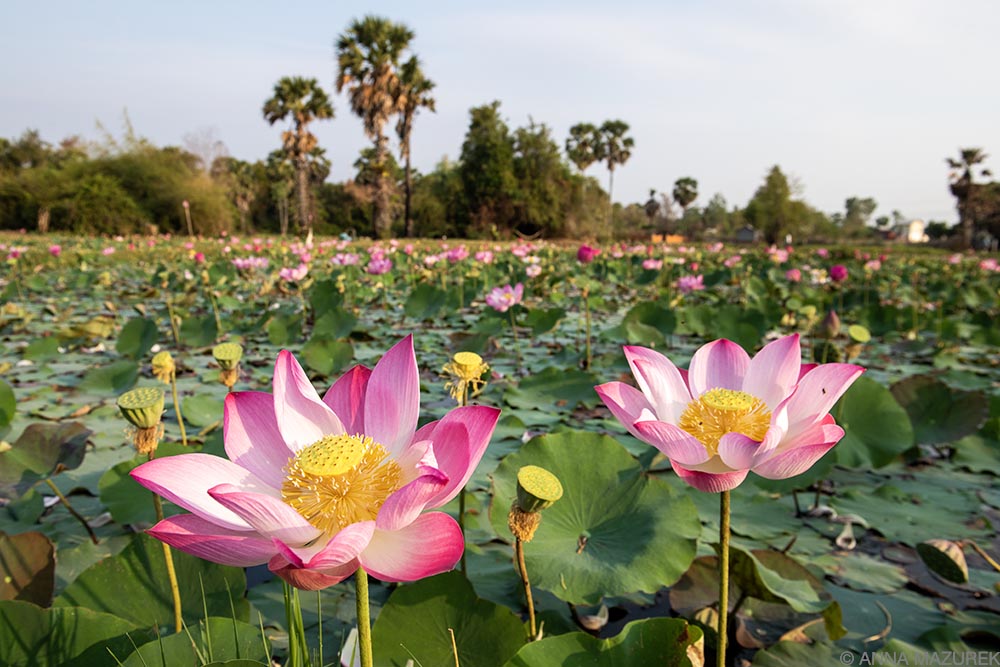 Lotus fields in Southern Vietnam, February 2023
Lotus fields in Southern Vietnam, February 2023
[This deeply personal post was inspired by the literary travel magazine Off Assignment’s series Letter to a Stranger—essays to the ones who haunt us. I’ve met many strangers in my travels but none haunt me more than the couple on the Tube in London, who I can’t stop thinking decades later as I board my flight back to America from after 6.5 months abroad in 15 countries. I wrote this unpublished essay exactly a year ago and it still rings true today even thought I’m half way across the world.]
To the Couple on the Tube:
It was unusually hot for June, and the Tube was sweltering as we pulled out of the terminal at Heathrow Airport. You both sat across from me with two large suitcases. I remember your dark hair but not much else about your appearance.
If I wasn’t a broke college student, we never would have met. The Tube was the cheapest way to get to the city from Heathrow and of course, the slowest.
Since smartphones didn’t exist in 2002, talking to strangers was the only way to pass the time. I could tell from your accent that you were also American. I started up a conversation by asking where you were from—New York. You had both studied abroad at different places in the U.K. and were back for your honeymoon. I told you about my semester abroad in Northern England and how I was flying home next week.
I can’t remember which one of you said it, but your words still echo through my brain two decades later. “People spend all of this time preparing you for what it’s like to study abroad or travel, but no one prepares you for what it’s like to go home.”
Those five months in England were a defining moment and led to a career of nonstop travel. I have spent my life as the eternal outcast. First, I was the girl with glasses and braces. Then, I was the girl who wanted to travel, which made me even more of an outsider in my small South Carolina hometown. Years later, I realized that’s why I adapted so well to traveling—feeling out of place was the norm for me. I felt like I belonged in the far corners of the world where I looked and talked differently. Walking down the street in Bangkok or Delhi was more normal—and comfortable—than in the town where I grew up.
When I went home a week after our conversation, I was bombarded with questions. “How was the trip?” “What was your favorite part?” It’s impossible to sum up five months in a sentence or even a 15-minute conversation. Even if I could, no one would understand, except for you.
To say that I didn’t adjust well to returning to America would be an understatement. Nothing had changed but me. People referred to me as “the girl who talks about England all the time.” The scenario would be repeated for every future trip—the year in Australia, the five summers working in India and the seven months backpacking in South America. After nearly a decade of working a hodgepodge of different jobs, I built a life that allowed me to travel for a living. Home became the road but did not change the fact that I still dreaded those flights back to America.
After my year in Australia, I found myself questioning the clerk at a Walgreens in Los Angeles about why my $2.99 mints weren’t ringing up as $2.99. Sales tax. I’d forgotten that the U.S.—unlike the rest of the world—doesn’t include tax in the price until you get to the register. Everything was so foreign. I felt like more of an outcast than ever.
I spent years struggling with the notion of home until I discovered it could be a collection of places—my parent’s farm, my favorite khao soi spot in Chiang Mai or meeting an old friend for a drink in Rome.
Travel changed me in ways that took years to manifest and identify. Since our pivotal meeting, I’ve met other strangers on trains—like you—who understood me better after a short conversation than people I’d known my entire life. The hardest part of travel isn’t the food poisoning or delayed flights. To me, it was going “home” to the place where I was born but did not belong.
Your words haunt me while I’m out for my evening walk in Buenos Aires in late February. To escape the American winter and almost two years of pandemic exile, I fled to my favorite city in the world.
The air conditioning units dripped on my head as I walked down the sidewalk toward the lush, well-manicured parks in Recoleta. It was sunset and every green space was filled with group exercise classes and couples—both young and old—sprawled out in lawn chairs or blankets drinking matte, a traditional loose-leaf tea.
I stopped to listen to the street corner saxophonist outside the decorative arts museum. He was a simple distraction from the reality that I have to go back to the U.S. in two weeks when my visa expires. When I throw a $100 peso note in his saxophone case, he winks at me.
These last two months in Buenos Aires, a city I fell in love with on a backpacking trip in 2015, were my happiest in years—a small taste of my pre-pandemic location-independent lifestyle. I was fearful that stepping onto that plane bound for American soil would sink me back into the deep depression I slipped into during the past two years, trapped in a world where no one understood me and where I had very little work. I shove the thought out of my mind and look up at the blue sky peeking through the trees. I take a deep breath and attempt to etch every second of this moment into my memory—the orange sky, rustling leaves and the hum of the saxophone in the air.


